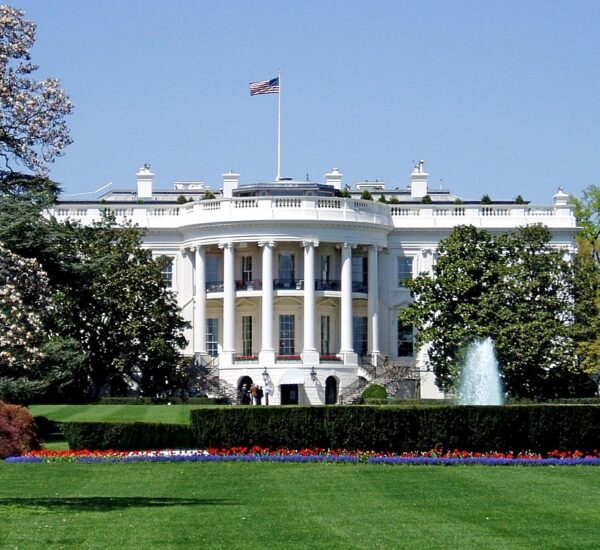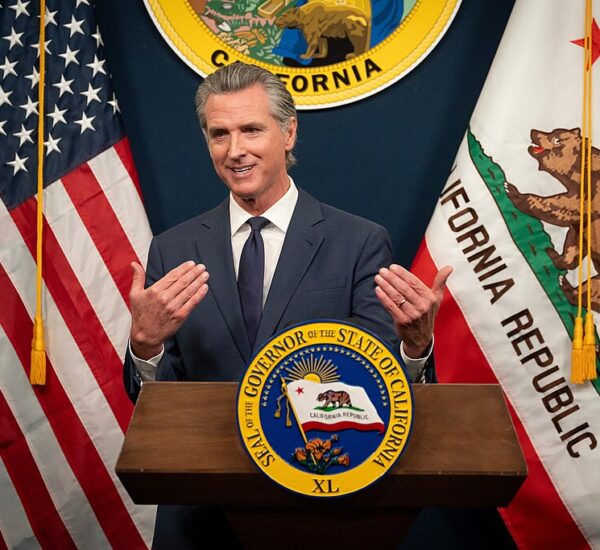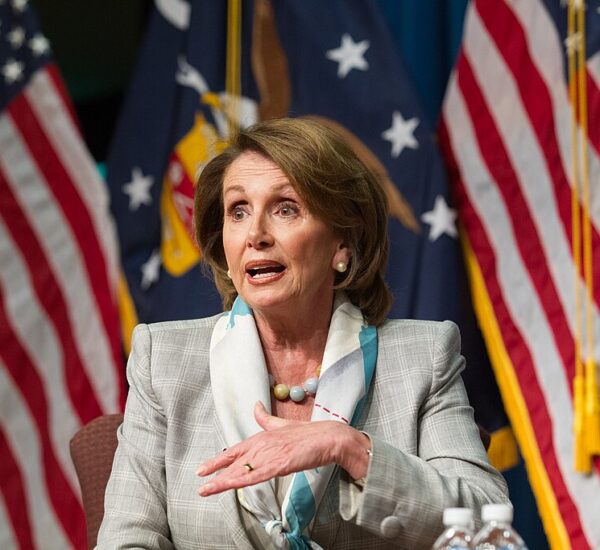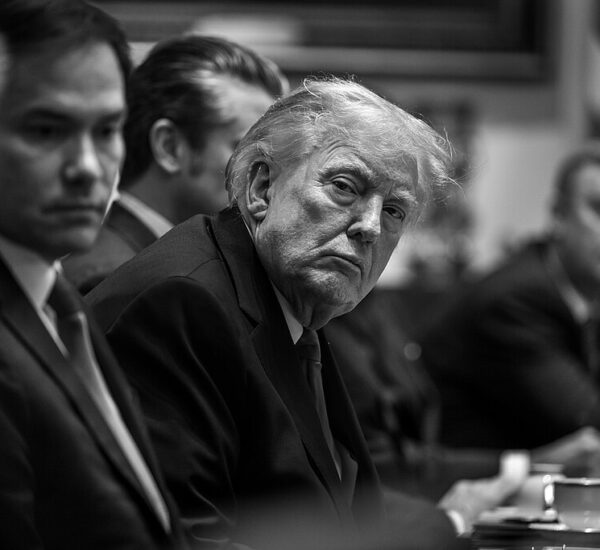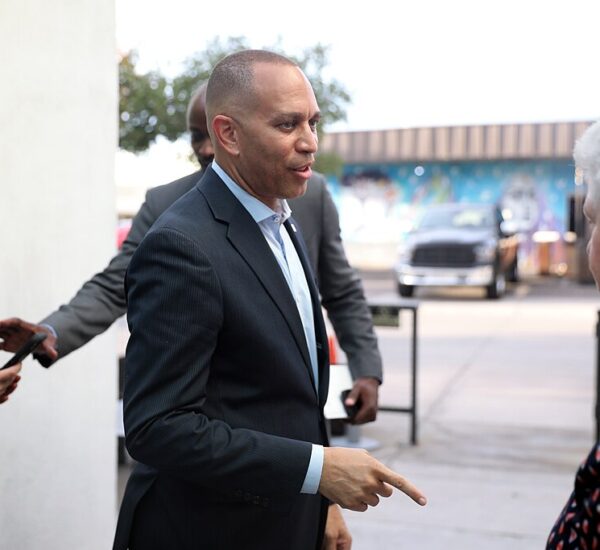Republican Begs Trump To Change Course
President Donald Trump is once again putting taxpayers first, proposing major cuts to public broadcasting, foreign aid, and bloated federal programs—but the plan is sparking debate inside the GOP, especially over how these cuts could affect rural America.
One of the more controversial proposals includes eliminating over $1 billion in funding to the Corporation for Public Broadcasting (CPB), which funnels money into left-leaning outlets like NPR and PBS—networks long accused by conservatives of political bias.
While many Republicans support the move as a step toward fiscal sanity and media accountability, some lawmakers are urging caution.
“You go to rural America, and public television is how you get emergency broadcasting,” said Rep. Mike Simpson (R-Idaho). “They don’t always carry the politics you see in other states.”
Taxpayer Burden vs. Local Access
Rep. Mark Amodei (R-Nev.), usually aligned with conservative budget hawks, is raising concerns. In a bipartisan statement with Rep. Dan Goldman (D-N.Y.), Amodei warned that defunding CPB could isolate rural Americans, cutting them off from educational content, weather alerts, and emergency broadcasts.
“Public broadcasting makes up less than 0.01% of the federal budget, but its impact reaches every congressional district,” the lawmakers wrote. “Cutting this won’t fix the deficit—but it will dismantle trusted services.”
The Trump administration disagrees. In a request to Congress, the White House emphasized that the CPB cuts would help end taxpayer subsidies for a system that is “politically biased and outdated.”
The proposal, part of a larger $9 billion rollback in federal spending, is driven by Trump’s Department of Government Efficiency (DOGE)—a unit focused on cutting waste and reining in Washington’s excesses.
“We’re $36 trillion in debt,” said Rep. Chip Roy (R-Texas). “If PBS and NPR can’t survive without federal money, maybe they shouldn’t survive.”
Hard Truths About Public Broadcasting
For years, PBS and NPR have been accused of tilting left, promoting liberal agendas while receiving millions in federal dollars from conservative taxpayers.
Critics argue that in an age of on-demand media, streaming platforms, and private donors, there’s no justification for continuing to fund media giants that often work against conservative values.
Programs like “Austin City Limits” and “All Things Considered” are widely popular in wealthy blue-state cities—yet they receive government backing as if they were public necessities.
“There are plenty of rich folks in Austin who can fund Austin City Limits,” Roy added. “Why should a farmer in West Texas be paying for it?”
What’s at Stake for Rural America?
Still, the cuts may come with collateral damage. In states like Idaho and South Dakota, public radio is sometimes the only signal that reaches remote tribal and farming communities.
Sen. Mike Rounds (R-S.D.) emphasized that Native American populations rely on these stations for basic communication. “We need to know how this affects people who don’t have cell service, internet, or cable,” he said.
Out of the 544 stations receiving federal funds, 245 serve rural areas, supporting nearly 6,000 local jobs, according to the Public Broadcasting Caucus.
CPB Fires Back
The Corporation for Public Broadcasting called the proposed cuts “devastating,” claiming that federal funds are essential for keeping public media free, accessible, and commercial-free for all Americans.
“Without this funding,” CPB said in a statement, “millions will lose access to life-saving alerts, early learning programs, and critical local news.”
Bottom Line: A New Test for Trump’s Budget Agenda
President Trump’s budget cuts are designed to send a message: Washington must stop spending money it doesn’t have—especially on media outlets that no longer represent the values of Middle America.
As the budget fight unfolds, lawmakers will have to decide: Will they protect wasteful spending under the guise of community service—or stand with taxpayers who are fed up with footing the bill for liberal media?


